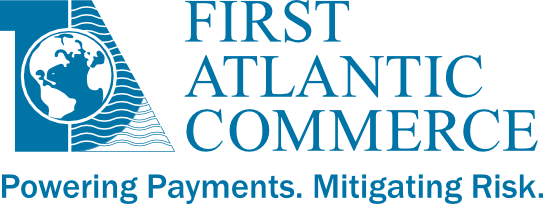eCommerce is a beautiful thing. It’s the culmination of some of the best parts about owning a business, like the ability to reach customers across the country or globe and make money from your passion. But it can also be one of the most challenging things you’ve ever done in life: ecommerce requires expertise in everything from branding and SEO to product management and content marketing strategy. That’s why we’re here today—to help define some of the common terms in ecommerce that you should know.
Average Order Value – (AOV) – The average amount of money that a customer spends on a single order.
B2B – (business-to-business) – A business model in which the seller targets other businesses, as opposed to consumers.
B2C – (business-to-consumer) – A business model in which the seller targets consumers directly, as opposed to other businesses.
Conversion – The percentage of visitors who take an action on your site, such as making a purchase or filling out a lead form.
Direct-to-consumer – A business model where the seller targets consumers directly, as opposed to other businesses. This can be done through physical stores or online storefronts, but it’s typically referred to as online direct-to-consumer ecommerce when it’s done primarily via an online store.
Ecommerce – Selling products online instead of in person at a brick-and-mortar store.
Fraud Management – using technology to help prevent fraud in ecommerce transactions by detecting high risk transactions and blocking them before they happen.
In-App Payments – allow users who have downloaded your app (on either iOS or Android) to pay for items within it without having to leave their current app experience.
Key Performance Indicators – A set of metrics used to track the performance of a business. KPI’s can include sales, customer satisfaction, and other metrics that help you understand how your business is doing.
Logistics – The management of transportation and distribution.
Merchant – Person or company that sells goods and services online, usually through an ecommerce platform.
Outsource – To hire or contract with another company to provide certain services for you.
Payment Gateway – An online service that allows customers to make credit card payments for goods or services purchased from a merchant’s website.
Return on Investment – This refers to how much money one has earned after spending money in an effort to increase revenue or other benefits over time. ROI is defined as the ratio of net profit over total cost of investment.
SEO – Search Engine Optimization: The process of improving the visibility of a website in search engines through strategic changes to its content, architecture, and external links.
Transaction – A purchase made through an ecommerce site.
User Experience – (UX) – The experience of using a website, including the layout and functionality.
Website – A website is a collection of files that are hosted on a server. Websites usually have a domain name and an IP address.
Click here to subscribe to our YouTube channel for access to ground-breaking discussions with Caribbean entrepreneurs.

